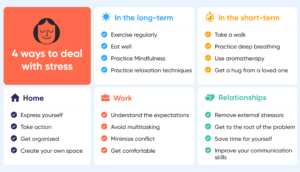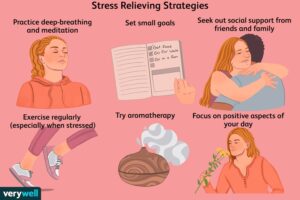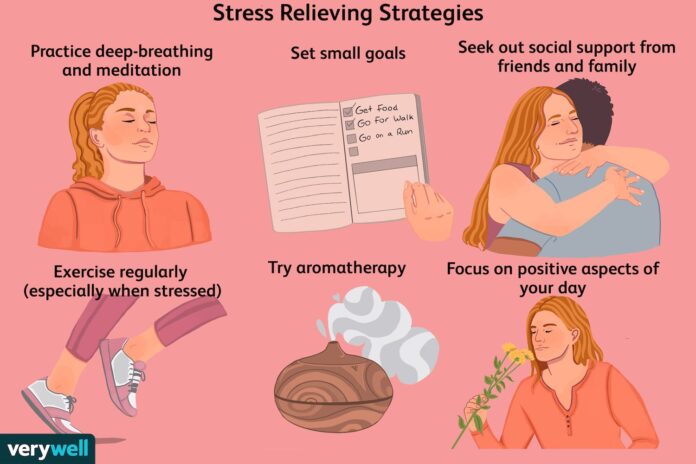
In today’s fast-paced world, managing stress effectively is crucial for maintaining mental well-being. Whether you’re facing work-related pressures, personal challenges, or general life stressors, having effective coping strategies and access to mental health resources can make a significant difference. Here’s a comprehensive guide to coping strategies and mental health resources designed to help you navigate stress:
Understanding Stress and Its Impact
Stress is a natural response to challenging situations, but prolonged exposure can lead to negative effects on mental and physical health. It’s essential to recognize the signs of stress, which may include irritability, fatigue, insomnia, and difficulty concentrating. By understanding stressors and their impact, you can take proactive steps to manage them effectively.
Coping Strategies for Stress Management
- Mindfulness and Meditation: Practicing mindfulness techniques, such as meditation and deep breathing exercises, can help reduce stress levels and promote relaxation. Mindfulness encourages focusing on the present moment and fostering a sense of calmness amid chaos.
- Physical Activity: Engaging in regular physical exercise is not only beneficial for physical health but also for mental well-being. Exercise releases endorphins, the body’s natural mood elevators, which can help alleviate stress and improve overall mood.
- Healthy Lifestyle Choices: Maintaining a balanced diet, getting adequate sleep, and avoiding excessive alcohol and caffeine consumption are essential for managing stress. A healthy lifestyle provides a solid foundation for resilience against stressors.
- Social Support: Building and nurturing strong social connections can provide emotional support during challenging times. Talking to friends, family members, or a support group can offer perspective, empathy, and reassurance.
- Time Management: Effective time management skills can reduce feelings of overwhelm and help prioritize tasks. Breaking down tasks into manageable steps and setting realistic goals can prevent stress from escalating.
Accessing Mental Health Resources
- Therapy and Counseling: Professional therapy and counseling services provide valuable support for addressing underlying issues contributing to stress. Options include individual therapy, group therapy, and online therapy platforms that offer convenient access from anywhere.
- Apps and Online Resources: Mobile apps and online platforms offer a variety of mental health tools, including guided meditations, stress management exercises, and cognitive-behavioral therapy (CBT) techniques. These resources provide flexibility and accessibility for individuals seeking self-help options.
- Hotlines and Crisis Support: In times of acute stress or crisis, hotlines and crisis support services are available to provide immediate assistance. These services offer confidential support and guidance, ensuring individuals have access to help when needed most.
Conclusion
Navigating stress effectively requires a combination of proactive coping strategies and access to reliable mental health resources. By incorporating mindfulness practices, physical activity, healthy lifestyle choices, social support, and effective time management, individuals can build resilience against stressors and promote overall well-being. Additionally, leveraging professional therapy, online resources, and crisis support services ensures comprehensive support for managing stress and maintaining mental health. Empowering yourself with these effective coping strategies and mental health resources equips you with the tools needed to thrive in today’s challenging world.




